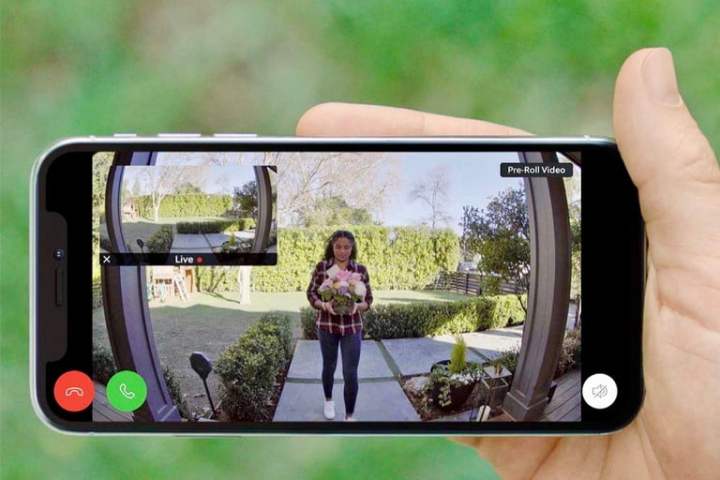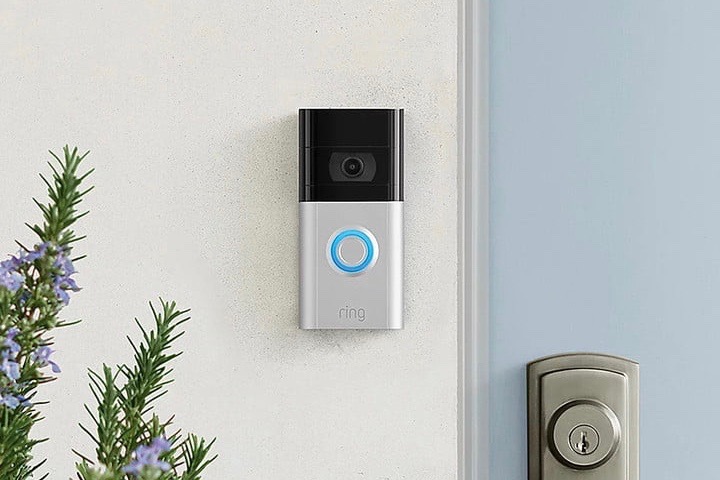Most battery-powered Ring video doorbells will last between six to 12 months, with a wide degree of variability depending on your climate, usage, and specific model. If you find your video doorbell falling below that range (or want to optimize its performance), there are several steps you can take to improve your Ring video doorbell’s battery life.
From changing your motion settings to adjusting your Wi-Fi settings, here’s how to get a bit more juice out of your battery-powered Ring video doorbell.
Update your motion settings

The more notifications your video doorbell tracks, the more battery it will use. Because of this, consider slimming down your motion zones so they won’t detect unwanted activity. You can also lower its sensitivity, ensuring small movements by leaves or insects won’t trigger an alert.
Check your Wi-Fi connection

Believe it or not, a poor Wi-Fi connection can result in increased battery usage. If your Ring video doorbell disconnects from your internet, it will try to automatically reconnect – and if this happens frequently, it’ll steal away a surprising amount of battery life.
To combat this, try moving your router closer to your front door, rebooting your router, upgrading to a better router, or removing objects that are in-between your router and the front door.
Check your advanced settings

There are plenty of ways to customize your Ring video doorbell’s performance. However, many of these settings will have an impact on battery life. Specifically, you might want to disable Snapshot Capture and Advanced Motion Detection. You can also change the Video Recording Length to help reduce battery usage.
These can all be found by navigating to your device in the Ring app, then entering its Power Settings menu. From there, simply select Battery Status: Battery Level, then Feature Power Usage. This will give you a chance to look at various features that might be hindering your battery life.
Blame your local weather

Unfortunately, some circumstances are out of your control. And if you live in a location with extreme heat (like Las Vegas or Phoenix) or extreme cold (like Fairbanks, Alaska, or Duluth, Minnesota), your Ring video doorbell will naturally hold less charge. Very low temperatures and very high temperatures, along with intense rain or snow, can zap your doorbell’s battery life.
This means you can expect to see a drop in performance during the dead of winter or the peak of summer, as the lithium battery struggles to keep up with the climate. You can try bringing your doorbell inside during these extreme temperatures, but there’s little you can do to improve their battery life when the weather gets too intense.
Replace your battery

If you aren’t dealing with extreme weather and you’ve gone through all the tips mentioned above, then it might be time to replace your Ring video doorbell battery. Replacing a battery is much more affordable than replacing the entire unit, and the process is as easy as taking out the old one and tossing in the new one (once it’s been fully charged).



